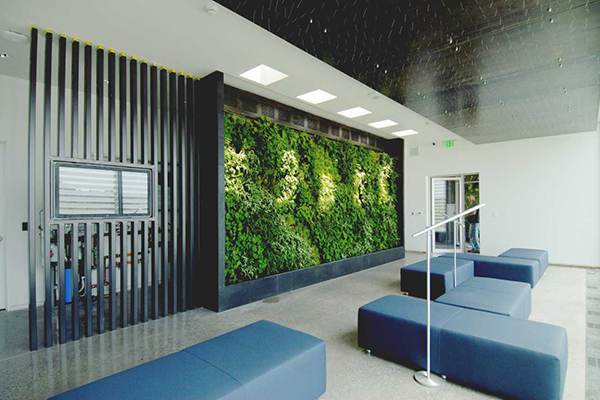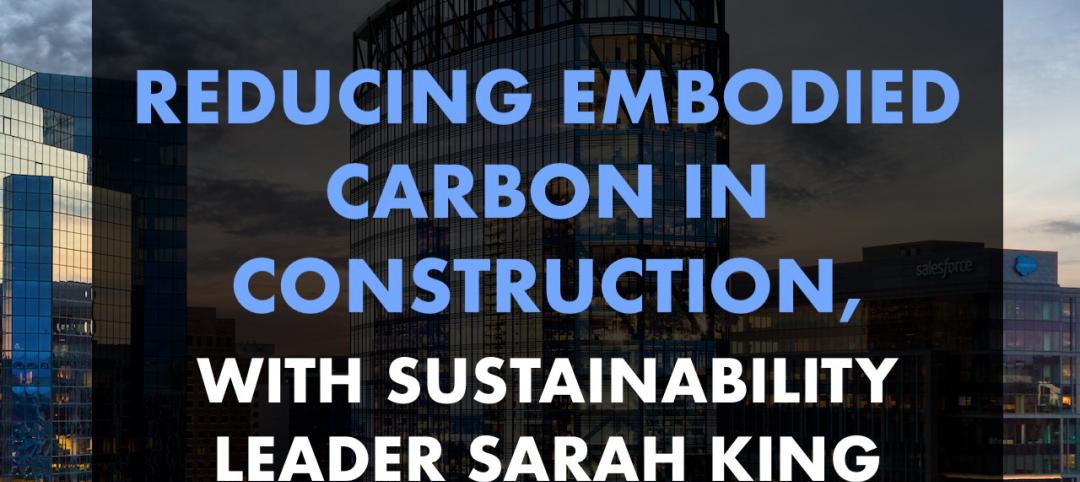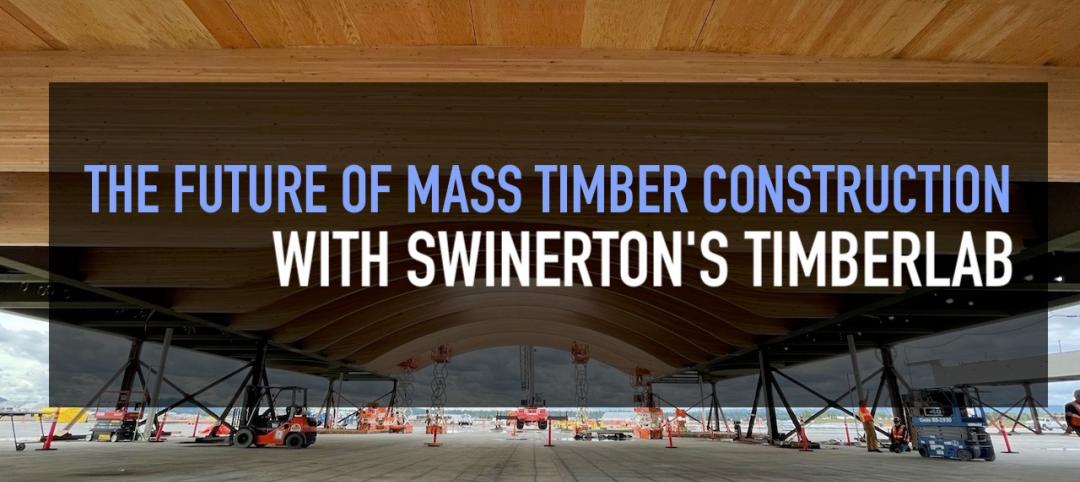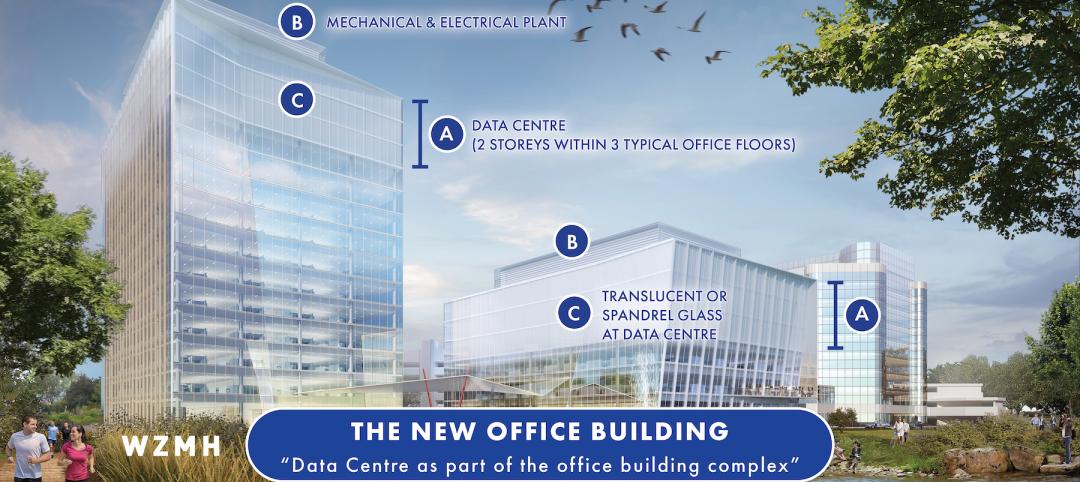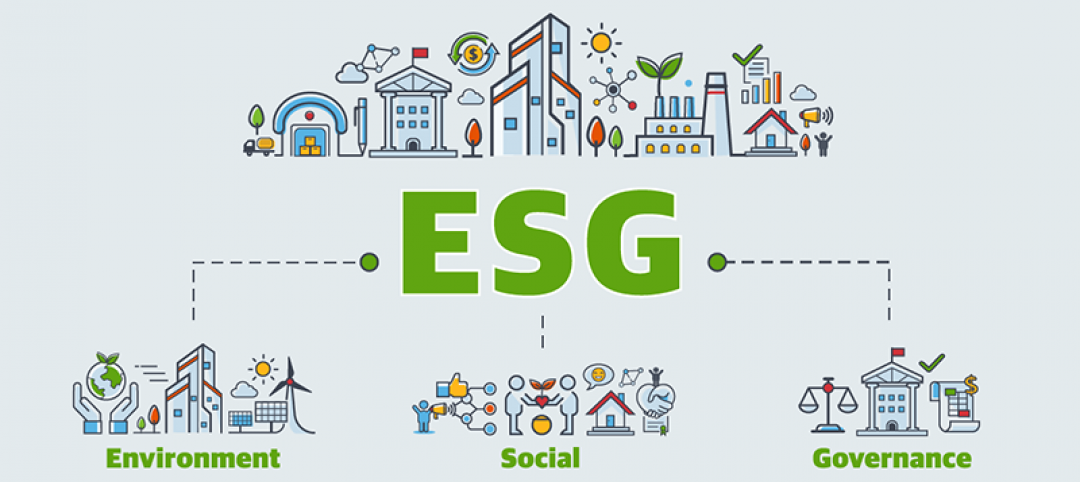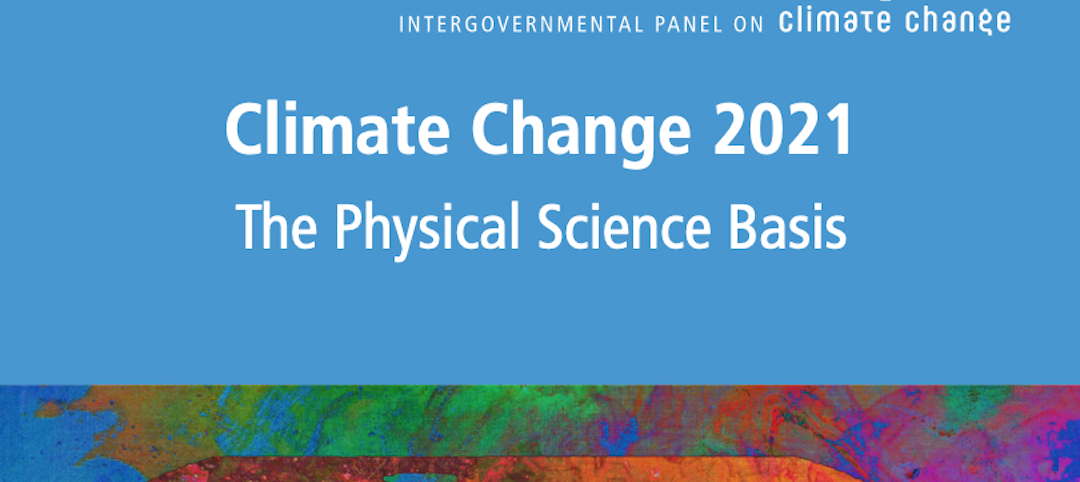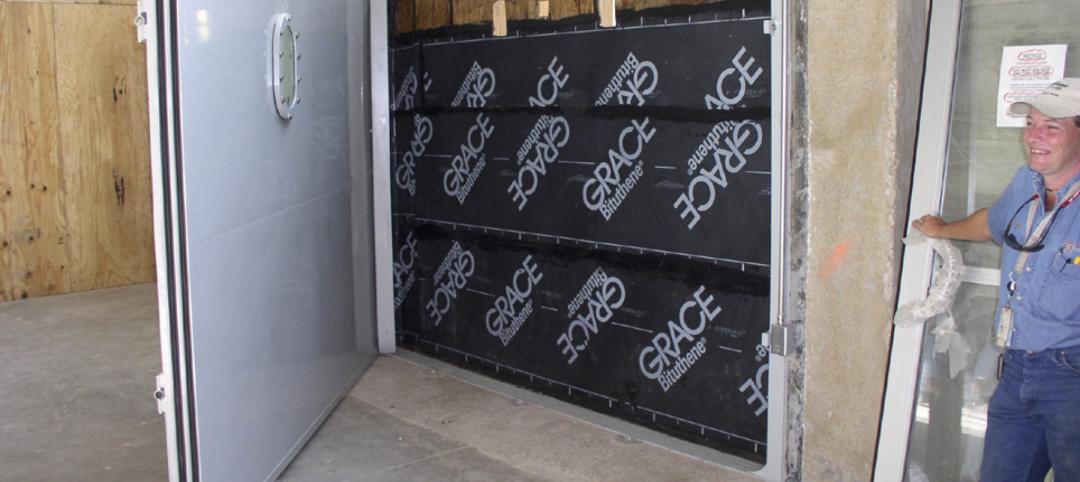The Center for Sustainability at Johnson County Community College (JCCC), Overland Park, Kansas, set aggressive goals for the College, including becoming a 100% renewable energy campus by 2050. This commitment affected every building project on campus, including Galileo’s Pavilion, a 3,000-square-foot academic building. Super-efficient practices and products, including Mitsubishi Electric Cooling & Heating Variable Refrigerant Flow (VRF) technology, have made Galileo’s Pavilion a true showcase of sustainability and earned LEED® Platinum certification.
The JCCC contacted Studio 804, a not-for-profit in Lawrence, Kansas, comprised of KU School of Architecture, Design and Planning graduate students. These students design and construct technologically sophisticated, green buildings under the direction of Dan Rockhill, distinguished architecture professor and Studio 804 founder. Rockhill said, “We designed Galileo’s Pavilion using our current knowledge of sustainable design. We took advantage of the daily and seasonal cycles of nature to passively cool, heat and daylight the building, as well as supply electricity and utility water.”
For HVAC, Rockhill said, “We had three distinctly separate spaces. Although they’re in the same building, the loading on them is different. So that resulted in three separate air-conditioning and heating solutions” – or, zoning. “We pride ourselves on promoting sustainable everything, so HVAC is no exception.” VRF was the clear choice.
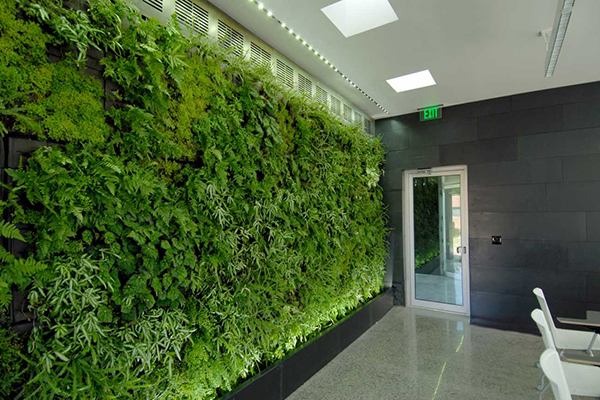
Rockhill had been impressed with Mitsubishi Electric VRF on a recent project. “Mitsubishi [Electric] is a leader in its field. Many of the others follow, but Mitsubishi [Electric] developed the variable refrigerant concept. For Galileo’s Pavilion, we wanted the most technologically advanced equipment in the industry. So VRF and its capacity to simultaneously cool and heat all of the spaces within the building was a fit.”
He continued, “Mitsubishi [Electric] was also very generous in working on the engineering aspect of the Center for Design Research. Mitsubishi [Electric] gets passive solar, and gets that it’s the sum of the total of all the parts that makes the systems positive. And there was never any pushback from them. It was always, “Yeah, that’s great.”
“Installation went quite well. The Mitsubishi [Electric] units are compact and easy enough to install that the whole thing really was pretty simple,” said Rockhill.
“The school monitors the whole thing,” explained Michael Rea, JCCC’s sustainability project manager, “through our building automation system. The Mitsubishi [Electric] system is integrated so we can see humidity or change set points, for example.”
He continued, “Everything with the Mitsubishi [Electric] system has been going well. No compressor failures, no leaks, no fan problems, nothing. Our maintenance is easy, too – just changing the filters and making sure the condensers are clean.”
Another sign of success: LEED Platinum certification. Rea said, “For us in the Center, we were excited to get above Silver, our current standard. Galileo’s Pavilion is a showcase about what a sustainable building can be on a campus. We were also honored to receive the 2013 CSI Kansas City Chapter Innovation in Sustainability Award for the building.”
Related Stories
Sustainability | Oct 28, 2021
Reducing embodied carbon in construction, with sustainability leader Sarah King
Sustainability leader Sarah King explains how developers and contractors can use the new EC3 software tool to reduce embodied carbon in their buildings.
| Oct 14, 2021
The future of mass timber construction, with Swinerton's Timberlab
In this exclusive for HorizonTV, BD+C's John Caulfield sat down with three Timberlab leaders to discuss the launch of the firm and what factors will lead to greater mass timber demand.
Green | Oct 6, 2021
My reaction to the UN IPCC Climate Change 2021 report: Ugh!
The recent report of the UN Intergovernmental Panel on Climate Change is not a happy read.
Data Centers | Sep 22, 2021
Wasted energy from data centers could power nearby buildings
A Canadian architecture firm comes up with a concept for a community that’s part of a direct-current microgrid.
Sponsored | Sustainability | Sep 20, 2021
A Beginner’s Handbook to LEED Building Design and Construction
Sponsored | Sustainability | Sep 17, 2021
The Benefits of Investing in ESG Sustainable Business Practices
Environmental, social and governance (ESG) practices are a hot topic in the corporate world. Here’s why you should prioritize them in your business.
Sustainable Design and Construction | Aug 20, 2021
Latest UN IPCC report on climate change should be cause for concern among AEC professionals and the real estate industry
The UN IPCC report on climate change is a must-read for architects, engineers, contractors and developers.
Sponsored | Sustainability | Aug 20, 2021
Measuring Sustainability: Determine Where You Stand and What to Do Next
Measuring sustainability operations is necessary to prove your sustainable facilities practices. To measure your success, there are two key factors you need.
Resiliency | Aug 19, 2021
White paper outlines cost-effective flood protection approaches for building owners
A new white paper from Walter P Moore offers an in-depth review of the flood protection process and proven approaches.
Sustainability | Aug 3, 2021
Construction Association launches new initiative to address climate change by pushing for construction of fewer carbon-intensive projects
While the new initiative includes steps construction firms can take to operate more efficiently, the bulk of the effort is focused on pushing for public and private project owners to build more efficient projects.


